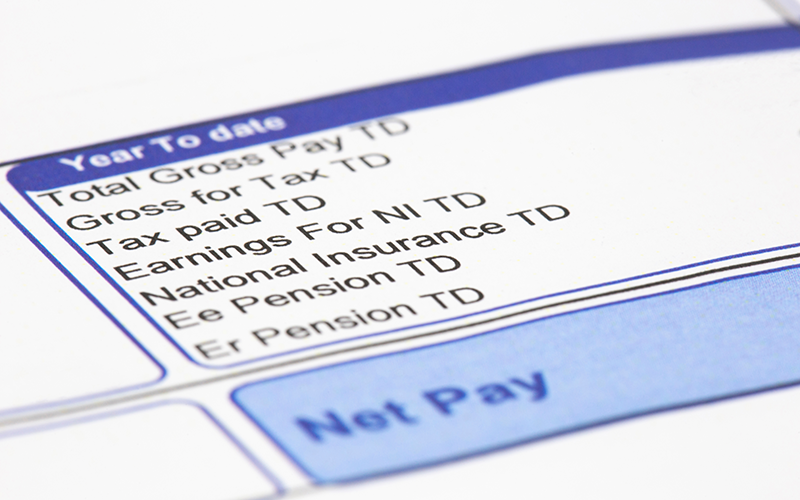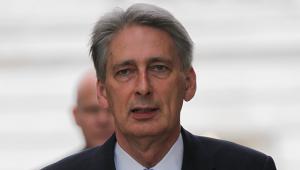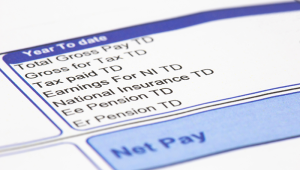By Richard Johnstone | 24 March 2014
Public sector pension contribution increases announced in last week’s Budget will hit services and hinder attempts to expand provision by private firms and charities, the government has been warned.

Image | rigsbyphoto / shutterstock
The Government Actuary’s Department is close to completing its valuation of the schemes, which is expected to highlight a shortfall in employer contributions.
In his Budget statement on March 19, Chancellor George Osborne confirmed that NHS, school and civil service employers would have to increase their payments by more than £1bn in order to plug funding gaps.
Currently, the costs of these unfunded schemes are paid for in part by the Treasury. However, from the introduction of new scheme benefits in April 2015, the full cost will transfer to the employers’ contributions.
This switch means that about £725m will need to be found from existing public service budgets to meet the payments in 2015/16, Budget documents confirm, rising to more than £1bn in 2017/18 and 2018/19.
Brian Strutton, the GMB union’s national officer for public services who has been involved in the negotiations over the pension reforms, said the changes would cost schools £330m, the civil service £275m and the NHS £125m.
If Whitehall departments were not reimbursed, there would be cuts due to the ‘smoke and mirror’ changes, he told Public Finance.
‘What the Treasury has done is set out an estimate of what an employer contribution would look like if those pay-as-you-go schemes were valued like a normal funded scheme, and what the new employer contribution rate would look like under that scenario,’ he said.
‘Now that the departments are starting to see the first cut of estimated numbers, it has brought the reality home to everyone on just how much it’s likely to be, at least, and it could yet be more.’
CIPFA also warned that the changes, when added to Osborne’s confirmation that £1bn will also be taken from departmental underspend, would have an impact on services.
Chief executive Rob Whiteman welcomed the action in the Budget to help savers. However, these have come at the expense of service provision. ‘By taking over £1bn a year out of budgets through his revision of public sector pensions, he will hit services at a time when finances are tight and people and communities are at their most vulnerable,’ he told PF.
Uncertainty over the new contribution rates will also undermine moves to increase the range of providers across a host of public services, experts warned.
Under revisions to the government’s Fair Deal rules for outsourced public sector workers, which were first announced last October, any private or voluntary providers of services will need to pay the extra contributions when they are admitted to the public service pension schemes.
Bart Huby, the head of public sector outsourcing at pensions consultants LCP, said the fact that the increases are set to happen – but the exact amount remained unknown – was ‘worrying’ for companies and would put some off bidding for government contracts.
‘We know there’s a valuation going on, we know that there’s going to be new rates from 2015, but we don’t know what those rates are,’ Huby told PF.
‘So a lot of contractors will currently be wary about signing up to a contribution rate when they don’t know what it’s going to be, beyond the next year.’
This comes as the government looks to continue the expansion of the number of providers through its Open Public Services initiative. These include increasing the number of academies and free schools and opening up the probation services to new providers.
In addition, the Treasury’s intention to revalue the schemes every four years raised the possibility of further contribution changes, Huby noted. This meant that providers may look to off-load the liabilities for pensions back to the public sector.
Huby cited local government, where he said many contractors already reach agreements to ensure they are not responsible for any changes in pension contribution rates.
‘There are a lot of outsourcers now who say they will only do a deal where they take on a local authority contract where they do not have any pension risk,’ Huby said. ‘So it’s very common in the local authority schemes, and though it is still very early days [in other public service schemes] the same principle should apply.’





















